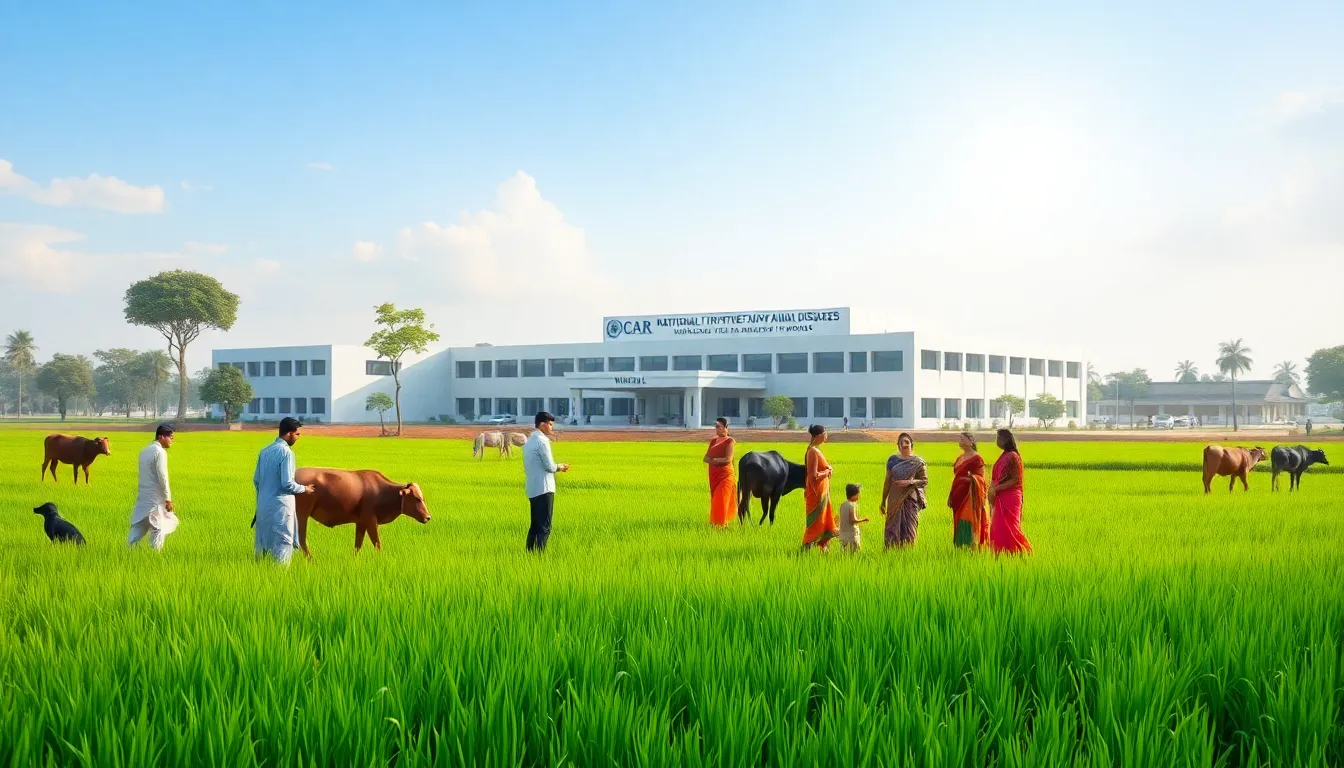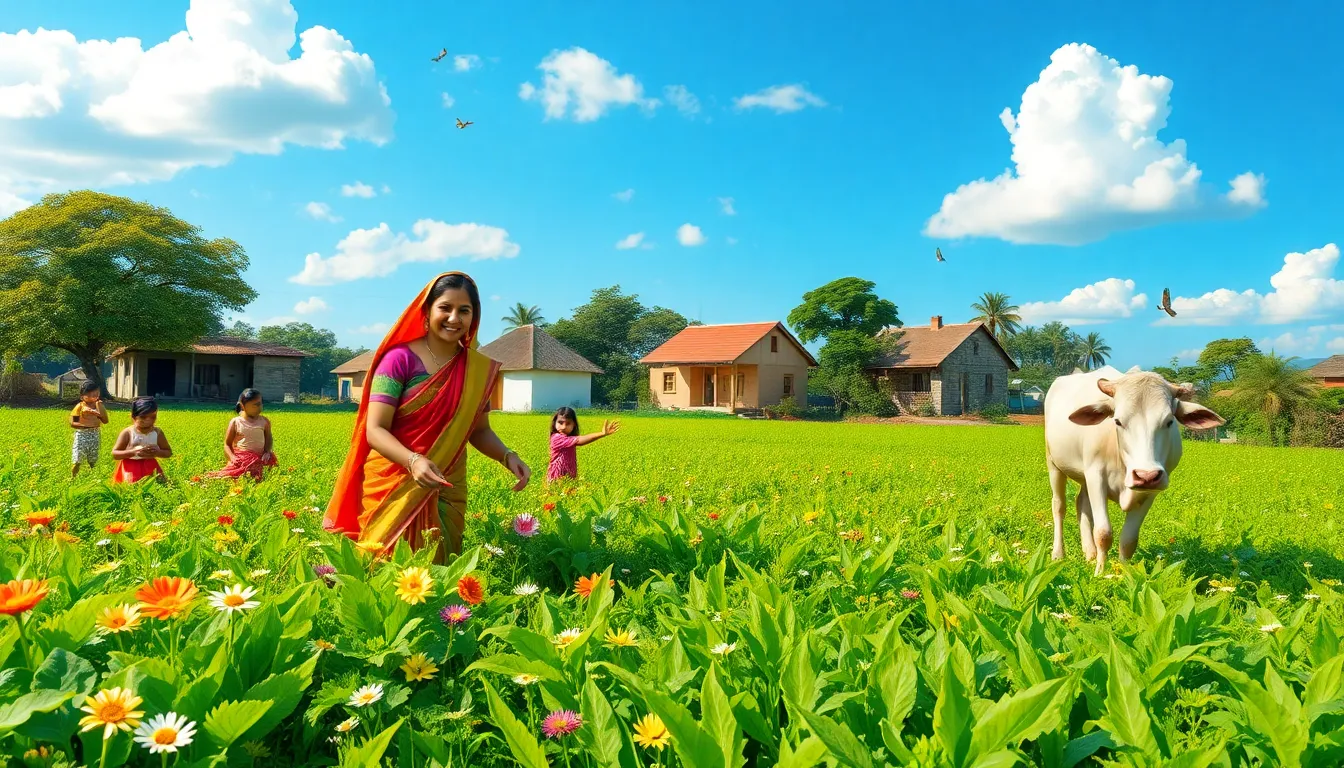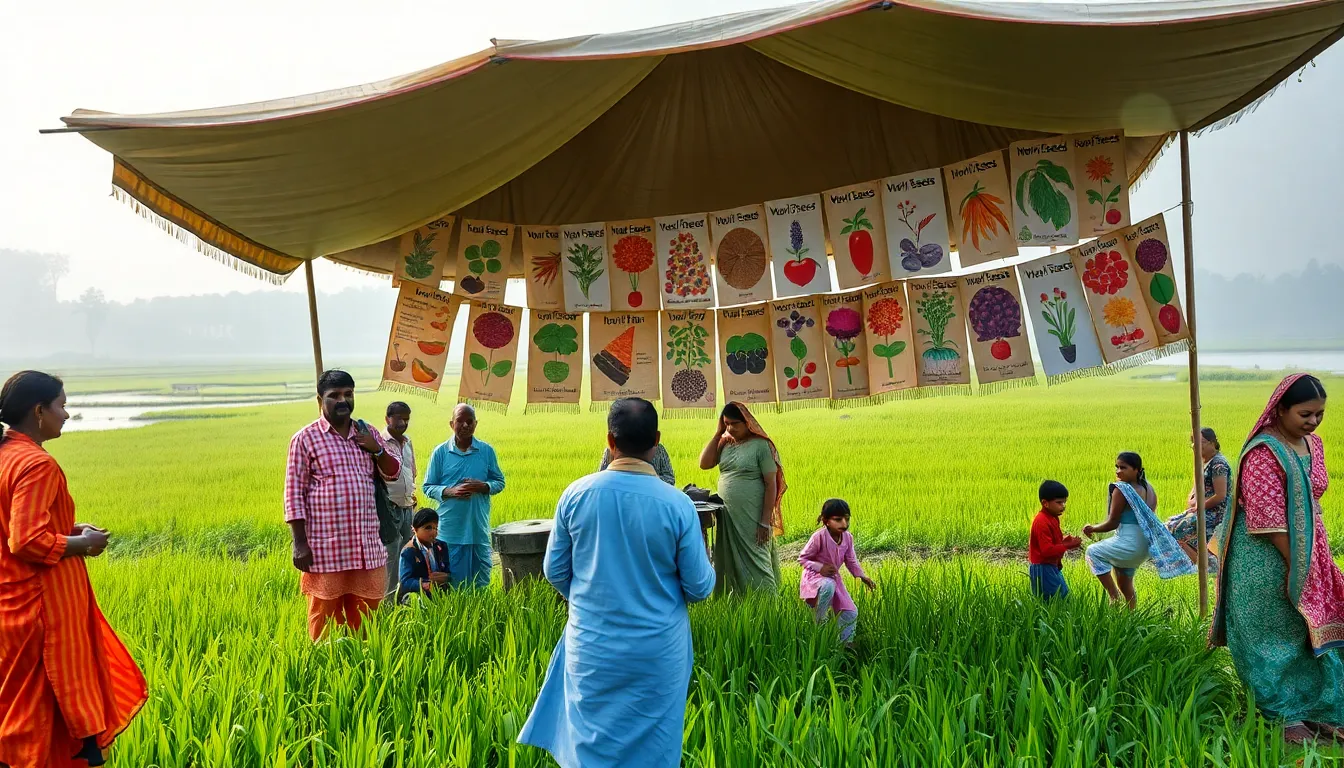The ICAR-National Institute of High Security Animal Diseases (NIHSAD) in Bhopal has received a significant honour. It has been recognised as a Category A Rinderpest Holding Facility by the World Organisation for Animal Health (WOAH) and the Food and Agriculture Organization (FAO). This announcement was made at the 92nd General Session of WOAH held in Paris. The recognition underscores India’s vital role in global animal health and biosecurity.
Rinderpest, often called cattle plague, was a major threat to livestock. It was responsible for countless deaths among cattle and other animals. Fortunately, this deadly disease was eradicated globally in 2011. However, some dangerous materials related to the Rinderpest Virus still exist in a few high-security laboratories worldwide. To prevent any potential risks, strict measures are in place to manage these materials.
ICAR-NIHSAD has been a key player in this effort. In 2012, it was designated as a national repository for Rinderpest Virus-Containing Material (RVCM). This high-containment facility has been crucial in ensuring that these materials are kept safe and secure. The institute’s application for RHF status was submitted in 2019, showing its commitment to maintaining high standards in animal health.
In March 2025, a team of international experts inspected the ICAR-NIHSAD. They evaluated its biosafety protocols, inventory management, and readiness for emergencies. Following this thorough review, the facility was officially approved as a Category A RHF for one year. This recognition places India among only six such facilities globally, emphasising its leadership in animal health security.
Alka Upadhyaya, Secretary of the Department of Animal Husbandry & Dairying, received the certificate of designation. She highlighted the importance of this achievement, stating, “India’s role in the eradication of rinderpest was historic. Today, its role in preserving that legacy is equally vital. This recognition is not just about containment; it is about responsibility and readiness.”
The FAO and WOAH encourage India to continue its efforts in vaccine development. This could further strengthen the country’s application for a Category B designation in the future. The designation of ICAR-NIHSAD as a Category A RHF is a testament to India’s ongoing commitment to global animal health standards. It reinforces the country’s role in the One Health framework, which connects the health of people, animals, and the environment.
In conclusion, this recognition is a proud moment for India. It reflects the country’s dedication to animal health, biosecurity, and international cooperation. The work of ICAR-NIHSAD will help ensure that rinderpest remains a thing of the past while protecting livestock from future threats.











